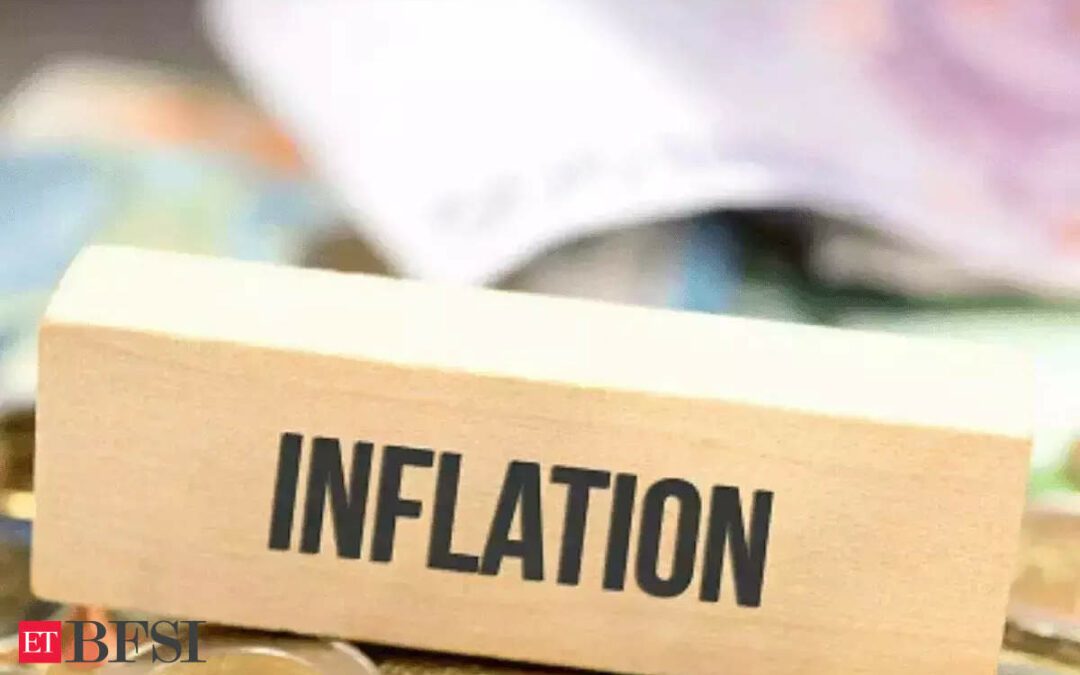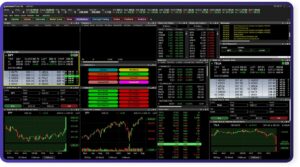India’s wholesale inflation touched a nine month high at 0.73 per cent in December on an annual basis as against 0.26 per cent in November, the government data showed on Monday.
The number had rebounded in positive territory in November after staying in negative for seven consecutive months.
The inflation for primary articles increased to 5.78 per cent as against 4.76 per cent in the previous month. Meanwhile, the fuel and power and manufacturing sector contracted to (-)2.41 and (-)0.71 per cent respectively.
In the previous month, the rate of inflation based on WPI Food Index increased to 5.39 per cent in from 4.69 per cent in November, 2023.
On a sequential basis, the inflation rate stood at (-) 0.85 per cent as against a surge of 0.26 per cent.
The number comes couple of days after the release of the retail inflation number which stood at a four-month high of 5.69 per cent as against 5.55 per cent in November.
However, inflation has remained within the Reserve Bank of India’s (RBI) tolerance band of 2-6 per cent.
In the December policy meeting, the Reserve Bank of India (RBI) left the inflation aim unchanged at 5.4 per cent. In the August policy, the RBI MPC had raised its FY24 inflation forecast to 5.4 per cent from 5.1 per cent.
“There has been broad based easing in core inflation, which is indicative of successful disinflation through monetary policy actions. The near-term outlook however is masked by risks to food inflation, which might lead to an inflation uptick in November and possibly in December. The trajectory of food inflation needs to be close-monitored,” RBI Governor and Monetary Policy Committee (MPC) chief Shaktikanta Das had said while announcing the policy decisions.
Das had speculated that the inflation outlook would be considerably influenced by food prices. Food prices remain a big concern for the Mint Street as well as for the government particularly in the run up to the general elections next year. A government official told Reuters recently that food inflation in India remains above New Delhi’s “comfort” level, while central bank staff in a report said that high-frequency food price data up to November 13 showed a continued rise in cereal and pulse prices.











